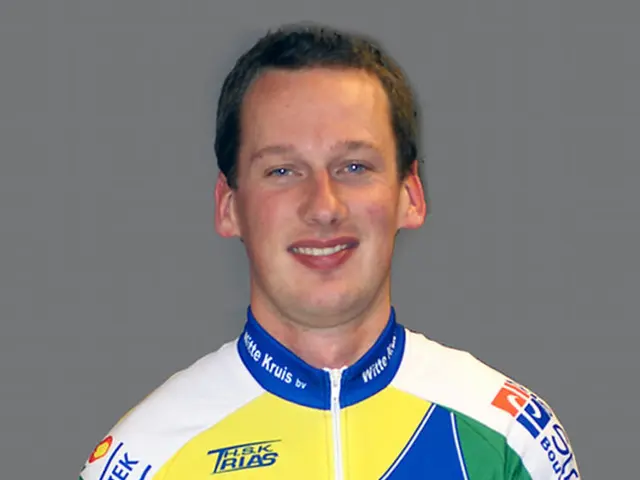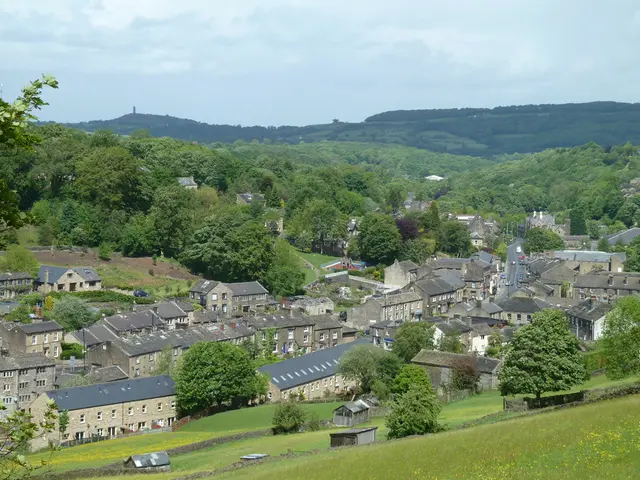Minister demands affordable charging power during renewable energy surplus - Lower Saxony's Renewable Energy Milestone: Cheaper EV Charging Proposed
Lower Saxony has achieved a remarkable milestone in renewable energy expansion this year, connecting 127 wind turbines with a combined capacity of 703 megawatts to the grid. This significant feat has been praised by Christian Meyer, the Green Party environment minister of Lower Saxony, who has also proposed innovative solutions to manage the region's abundant renewable energy resources.
Meyer has suggested a novel approach to utilise the excess wind and solar energy that Lower Saxony experiences on 95% of days each year. He proposes making it cheaper to charge electric cars in East Frisia during these periods of surplus renewable energy. This initiative not only helps to balance the grid but also encourages the use of electric vehicles, promoting a greener future.
Meyer's proposal comes as other states, such as Bavaria, North Rhine-Westphalia, and Baden-Württemberg, are planning to build fossil-fuel backup plants. Meyer has criticised this approach, deeming it unacceptable. He argues that Lower Saxony, with its leading role in renewable energy expansion and no need for fossil-fuel backup plants, serves as a model for other regions to follow.
With renewable energy now accounting for 102% of Lower Saxony's gross electricity consumption, compared to the national average of 54%, Meyer's proposals aim to further integrate renewable energy into the region's infrastructure and daily life. By encouraging cheaper electric vehicle charging during renewable energy surpluses, Meyer seeks to create a socially equitable and economically beneficial solution for both consumers and the environment.








